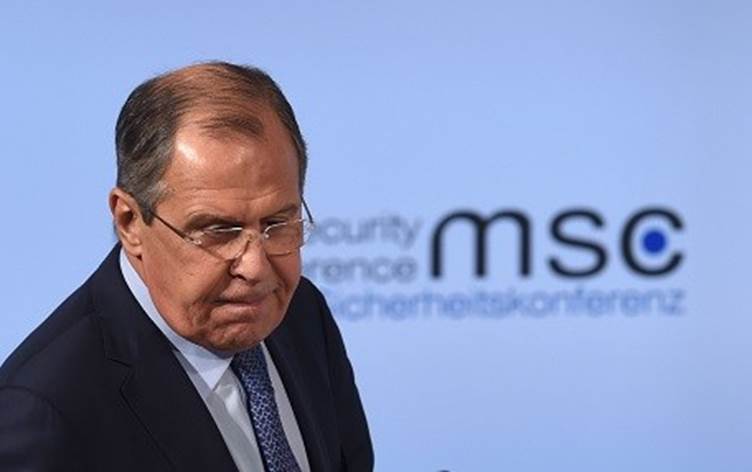Russia may have sidelined PYD in Geneva talks

ERBIL, Kurdistan Region – Despite the fact that several Kurdish representatives from the Syrian Kurdish opposition are to take part in the Geneva talks as part of the delegation of Saudi-backed High Negotiation Committee (HNC) on Thursday, it is not clear if the ruling Syrian Kurdish Democratic Union Party (PYD) in northern Syria will have a seat on the table.
Russia, which has maintained friendly ties with the PYD and has pushed hard to include the Kurds in the fourth round of Geneva talks, may have agreed to sideline the PYD as a concession to Turkey, Munzir Markhus, the spokesperson for the HNC told the pan-Arab Asharq al-Awsat newspaper on Tuesday.
Markhus called it a “sacrifice” that Russia, which backs the Syrian regime, has offered to Turkey in the hope that in return it would win concessions to make room for the so-called Moscow platform, named after the Syrian parties that are under the political influence of the Kremlin.
Turkey sees the PYD as an extension of the banned Kurdistan Workers’ Party (PKK) and therefore a terrorist organization.
The PYD denies any organic links between it and the PKK.
The Moscow platform will attend the talks after they received an invitation from the UN Special Envoy for Syria, Staffan de Mistura, Qadri Jamil, the head of the platform, told Russia’s TASS news agency on Tuesday.
The platform earlier said they would not take part as they had not received an invitation to the UN-sponsored talks.
Jamil said it was in invitation for them as a “delegation,” and not as a “representative of some sort of platform.”
It is not clear either whether the PYD will be formally represented by the Moscow platform, which is sending three negotiators and two advisors.
The PYD had earlier said that they have received assurances from countries such as Russia that they will be included in the Geneva talks.
Russia’s envoy to UN Office in Geneva, Alexei Borodavkin, told reporters earlier this month that the negotiations “should be broadly representative of all political forces in modern-day Syria who seek a peaceful settlement of the conflict in that country, including the Kurds."
Asharq al-Awsat, citing unnamed Western diplomats, reported that the HNC will retain the title of ‘the opposition’, while the UN is calling other Syrian parties who are not with the Syrian regime ‘participators.’
The HNC, to be headed by Nasr al-Hariri, selected 21 opposition delegates during a meeting of the Syrian opposition in Riyadh in preparation for the talks.
The Kurdish National Council (KNC, ENKS) is part of the HNC delegation, a source told Rudaw more than a week ago.
The KNC, comprised of about a dozen Kurdish parties, is the main Kurdish Syrian opposition party in Syria. They have attended the Geneva and Astana talks, but do not have any real authority on the ground in northern Syria where the PYD has created the Rojava administration, a self-autonomous region.
De Mistura was in the process of putting the final touches on the arrangements as of Tuesday, Michel Contet, his chief of staff, said.
"The invitations as well as the substantive agenda for the negotiations are all based on the wide scope of Security Council resolutions, in particular 2254, which is our main guidance in this process,” Contet added.
UN resolution 2254, passed by the Security Council in 2015, calls for the UN-sponsored talks to mediate a way out of the ongoing Syrian civil war that has killed about half a million Syrian people, by some estimates.
The UN has not held Geneva talks since April last year. The fourth round, scheduled to commence on Thursday, comes after two rounds of Russian and Turkish backed Astana talks in January and February.
The Astana talks paved the way to set in place a trilateral mechanism between Russia, Iran, and Turkey to monitor a shaky nation-wide ceasefire imposed in late December.
